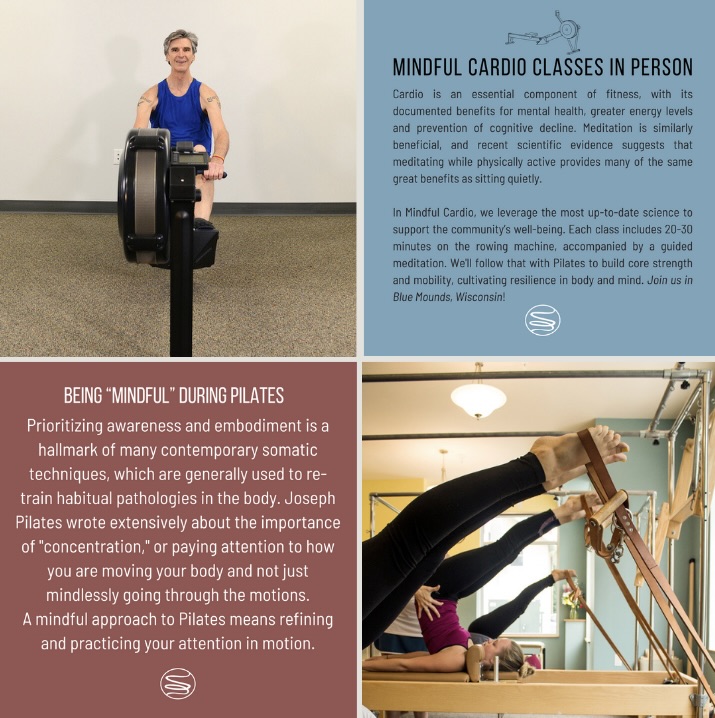Stuff I Learned - Week #2
The first lecture began with a disclaimer that Yoga is not
5000 years old. The professor then went on to explain that Yoga is a philosophy
that is 2600 years old, at most, and that the yoga postures didn’t arise until
even later. Having read Yoga Body and other books about Yoga’s history, this
was not an entirely surprising revelation. New for me, though, was the careful
and methodical unraveling of Yoga: Methods and Goals – the name of the
graduate-level class that I am taking at the University of Wisconsin – Madison
this semester.
 |
| I met this cat at a market in the south Indian city of Mysore. |
I’m not sure why I first checked out the course offerings within
the Religious Studies Department. Certainly, I had enough coursework to keep
me occupied within my specialty, the neural control of movement. Be that as it may, I found a surfeit of
interesting courses within the Religious Studies department; courses on the
history and philosophy of my long term interests, Yoga and Buddhism. Reading
the descriptions of the various courses, I felt like a kid in a candy store,
and I remember asking myself; can these courses really move me closer to my
goal of earning a PhD in Kinesiology? Well, the answer may be a qualified yes –
pursuing a PhD Minor in Religious Studies may not be the most direct path to
earning a PhD in Kinesiology, though adding a Minor in Religious Studies certainly promises to
add a lot of richness to my life and teaching!
 |
| I feel like a treasure hunter as I research the earliest textual references to Sirsasana. |
The semester is still young, though I’ve already learned a
good deal about the earliest flickers of Yoga philosophy. I just read the Katha
Upanishad, which is among the first texts that lays out the essence
of Yoga philosophy (as opposed to the Vedic philosophy that predates Yoga).
Written at about the time of the Buddha, the Katha Upanishad outlined three key
concepts that are considered foundational to Yoga philosophy. What makes Yoga
philosophy distinct from what precedes it? The three key concepts that help define
Yoga are:
· The accumulation of actions from previous lives (Karma) determines the fate of your birth
· The possibility of liberation from the suffering of these cycles of birth & death (Moksha)
Next week’s readings come from the Indian epic poem, the
Mahabharata. In particular, two sections of this classic poem are said to
relate most directly to Yoga philosophy: the Moksadharma, and the Santiparvan.
I’ll let you know what I learn in a forthcoming blog posting!



Comments
Thanks ! Laura
Yoga
10 Ways To Lose Weight Through Yoga Practice
Yoga teacher training in Rishikesh